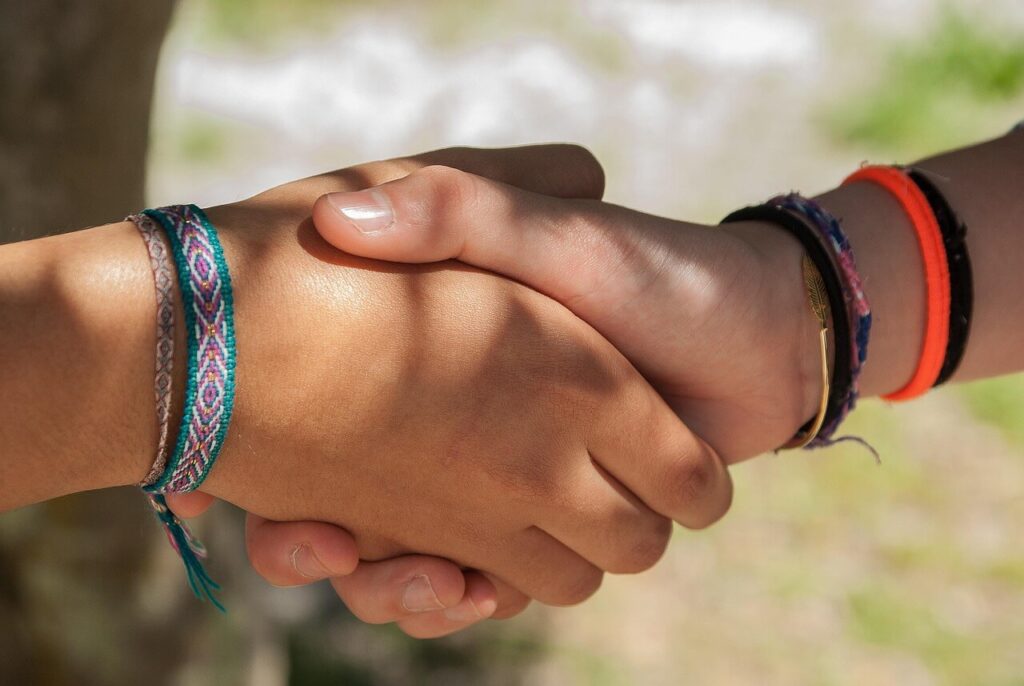You and a group of friends spend the morning volunteering at a local food pantry, stocking shelves and distributing meals. As you leave, someone suggests going to a trendy café nearby. The contrast hits you. Just minutes ago, you were handing food to people struggling to afford their next meal, and now you are about to sit down for an expensive brunch, ordering artisanal dishes without a second thought.
Some in the group argue that indulging in a nice meal does not negate the good you have done. Volunteering is about service, not guilt. Others feel uneasy, wondering whether privilege comes with a responsibility to stay mindful of those who have less.
How do you approach this moment? Do you ignore the tension, acknowledge it privately, or discuss it openly with your friends?
Jewish Compass
The Torah teaches that when Israelites brought portions of their harvests as gifts and sacrifices to the Temple, they declared, “My ancestor was a wandering Aramean” (Deuteronomy 26:5), recalling their humble beginnings even in a moment of spiritual abundance. Jewish tradition teaches that privilege should not lead to detachment but to gratitude and an increased sense of communal responsibility.
Enjoyment and joy are important aspects of life, too. The Talmud reminds us that people will be held accountable for every permitted pleasure they could have enjoyed but chose to deny themselves (Yerushalmi Kiddushin 4:12). Awareness of inequality does not mean rejecting comfort. The challenge is holding both generosity and mindfulness at the same time.
How do we enjoy what we have while remaining aware of those who go without?
